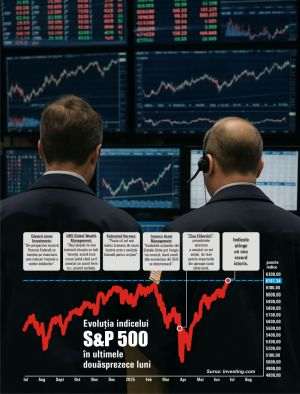The aging of the world's population will accelerate in the coming decades, which will likely bring poor results for the stock market, JPMorgan strategists say, writes Business Insider.
According to the bank's team, historically an aging population has led to declining yields, lower growth in corporate profits and lower valuations.
Over a ten-year period, a 1% increase in the number of people over the age of 65 was correlated with a 0.92% drop in annual stock returns, according to strategists' calculations published in a report released last week.
With the growing base of older investors focused on saving for retirement, investment capital is shrinking, leading to less innovation. "The aging of the population can reduce the growth of profits. This leads to slower labor force growth, which reduces domestic economic growth. There is also evidence that aging can reduce innovation and productivity growth," the strategists said.
According to JPMorgan, this is especially true for companies whose revenue comes primarily from international operations. "For companies that derive more revenue from abroad, such as multinationals, the aging of the global population (in a GDP-weighted sense) is likely to have more important consequences in terms of profit growth," according to the strategists.
In their view, small- and mid-caps are likely to feel a greater impact of population aging than large-caps. Ratings will also be affected. As the elderly empty their pension funds, the national savings decline, causing bond yields to rise. In addition, older people are selling their stock holdings at a faster rate, causing stock prices to fall. These trends, along with lower expectations for earnings growth, justify lower valuations, strategists say.
However, there are also favored market sectors, such as healthcare, as an older population tends to spend more on healthcare. "We identified a clear positive relationship between aging and excess sector profitability, driven entirely by faster earnings growth," the strategists said.
According to JP Morgan, a 1% increase in the share of the over-65 population will lead to a 0.85% increase in the return of the healthcare sector over a ten-year period.
The strategists also pointed out that the aging population trend will not affect countries equally. In China, the share of the elderly population will increase by seven percentage points over the next decade, while in the United States the increase will be more moderate, from 18.1% to 21.5%.




































